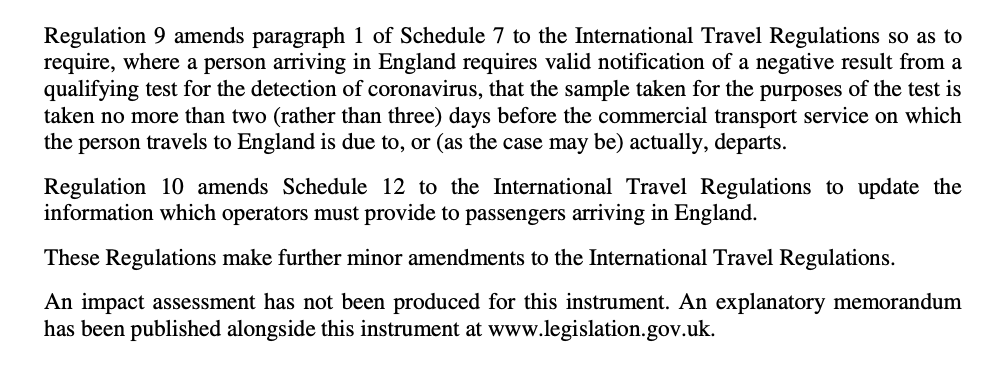
I spoke to @maitlis @BBCNewsnight about the Downing Street party and any potential legal implications. From 6:45 (sorry about the mute! 😳) bbc.co.uk/iplayer/episod…
As I said in the interview, I think Downing Street are in a genuine bind. If they “come clean“ and admit there was a party, they are potentially admitting criminal offences (nobody can be sure yet if the law was broken). If they don’t, the political implications are severe.
They will also know that in the coming weeks they need public trust to impose further restrictions. People are thinking about next ones but the current ones, particularly requiring isolation for anyone coming into contact with Omicron, may be about to impact hundreds of thousands
I’m not sure how many people realise but the law was changed to compel 10 day isolation for anyone infected or in close contact with Omicron, regardless of vaccination status or age. If omicron is spreading exponentially this will quickly become a mini lockdown for 100,000s
I should point out - the legal duty is only triggered if you are contacted officially (usually by NHS Test & Trace) to tell you to isolate because of Omicron. It can't be triggered by an App ping
• • •
Missing some Tweet in this thread? You can try to
force a refresh













